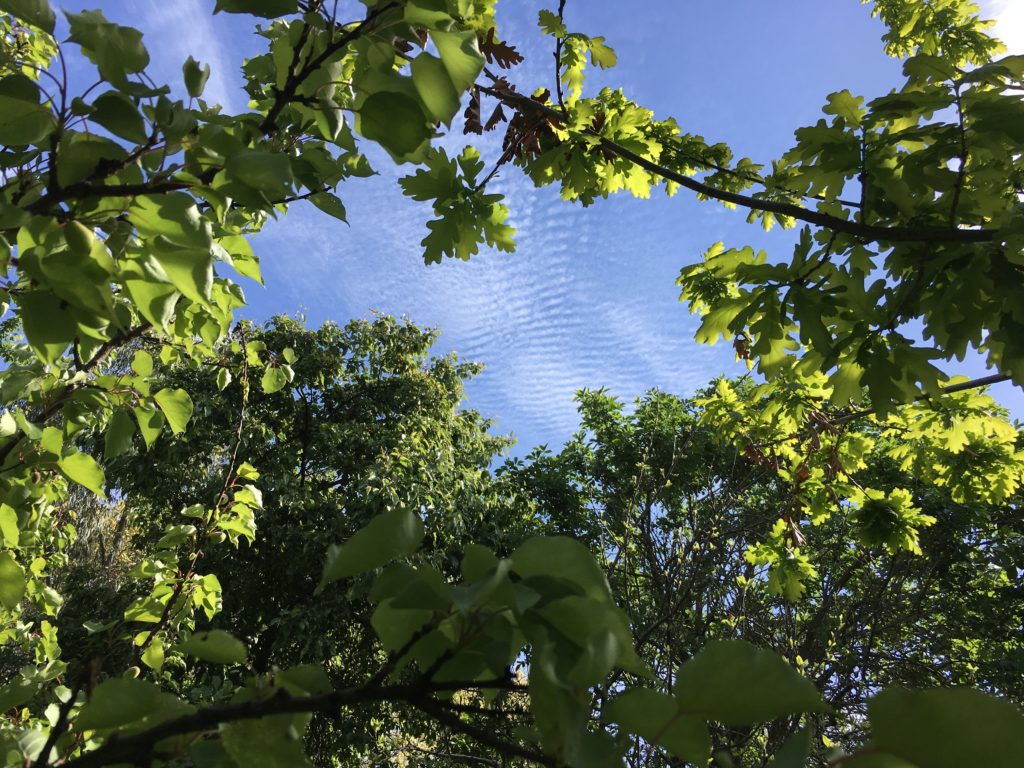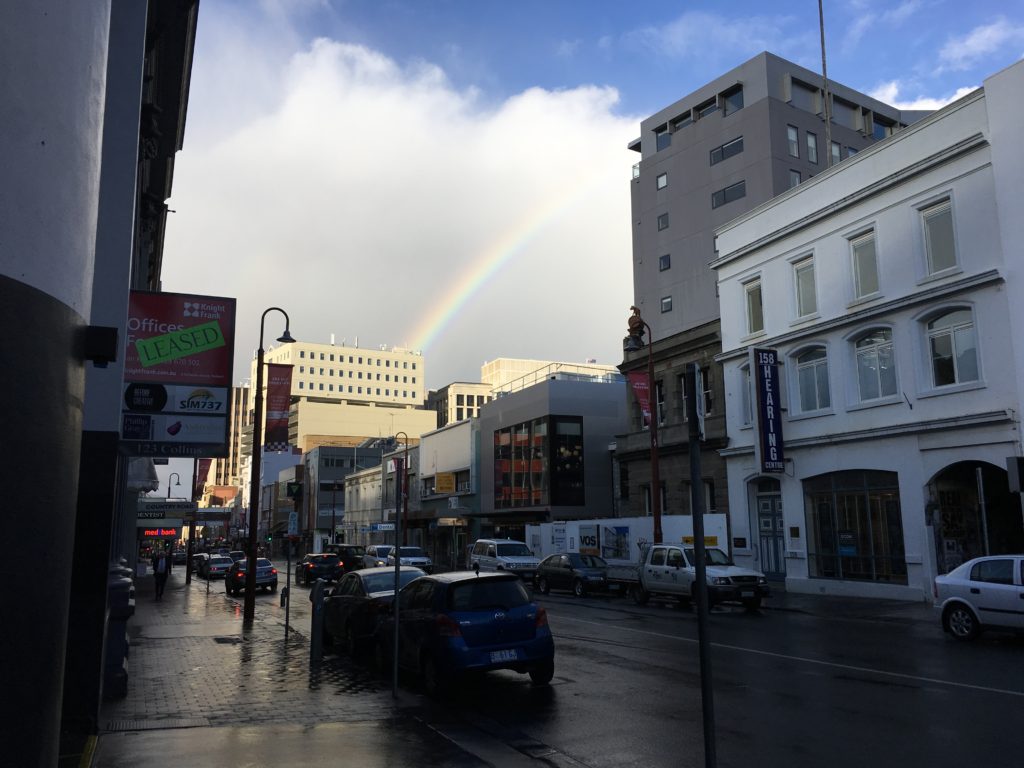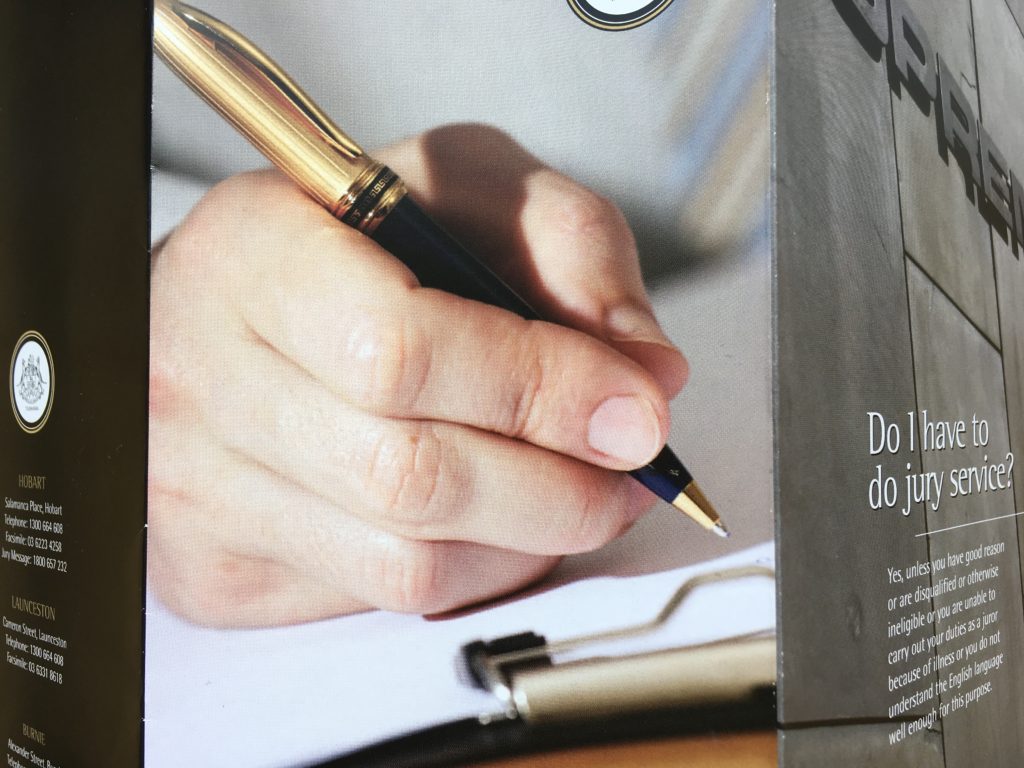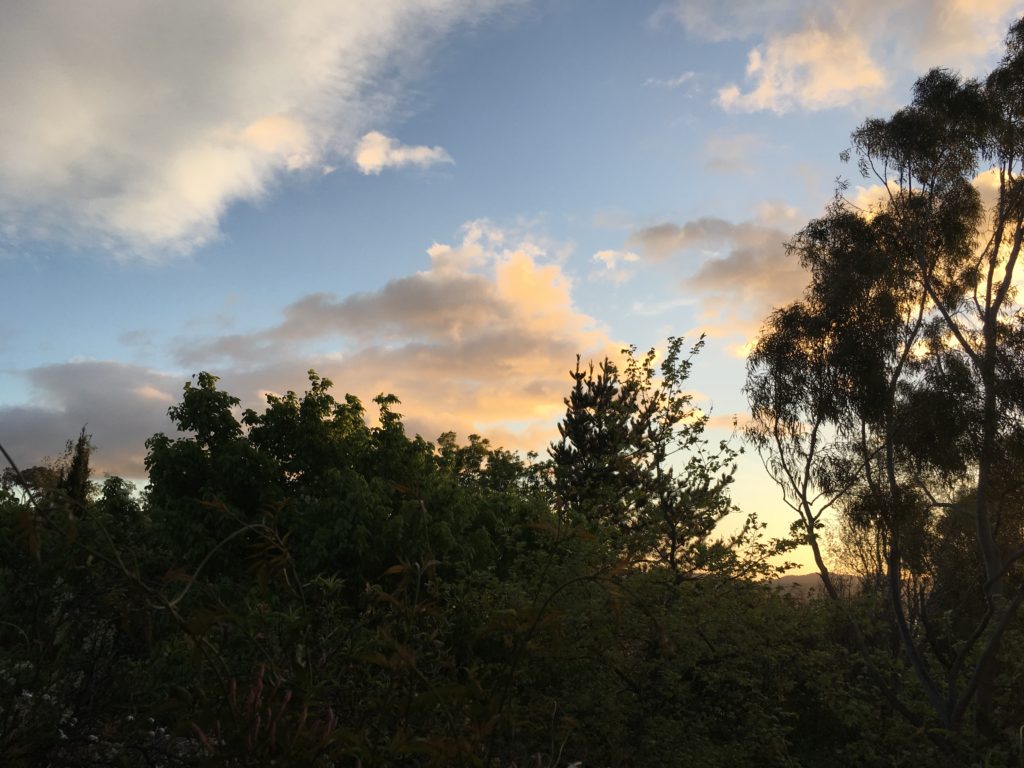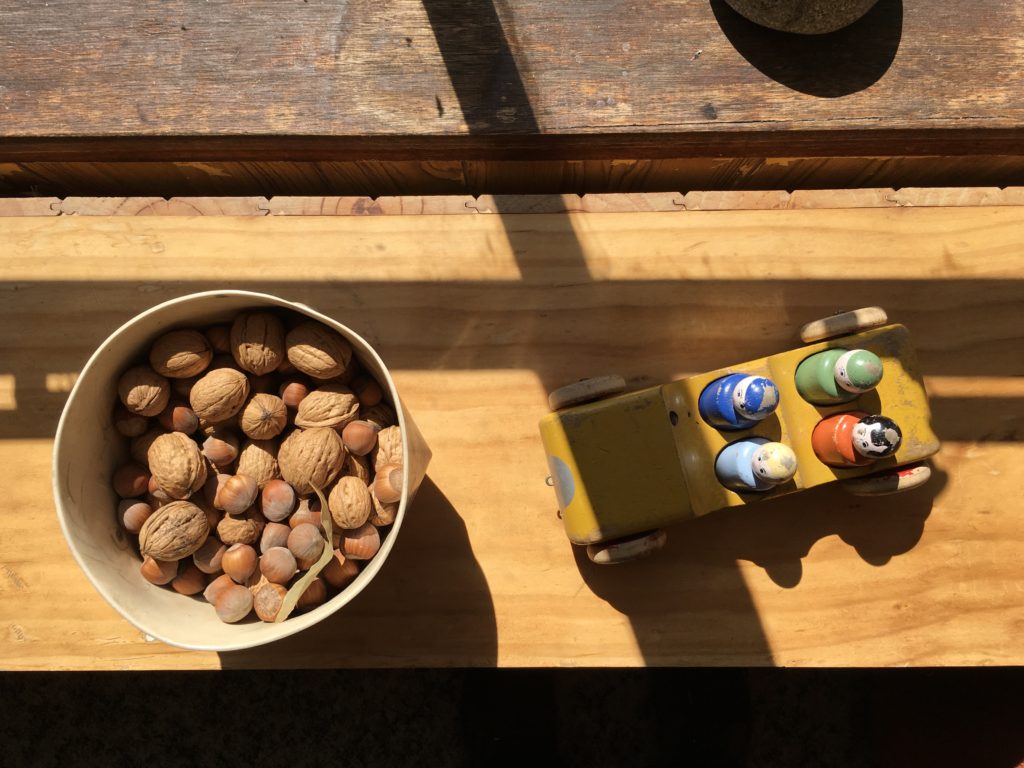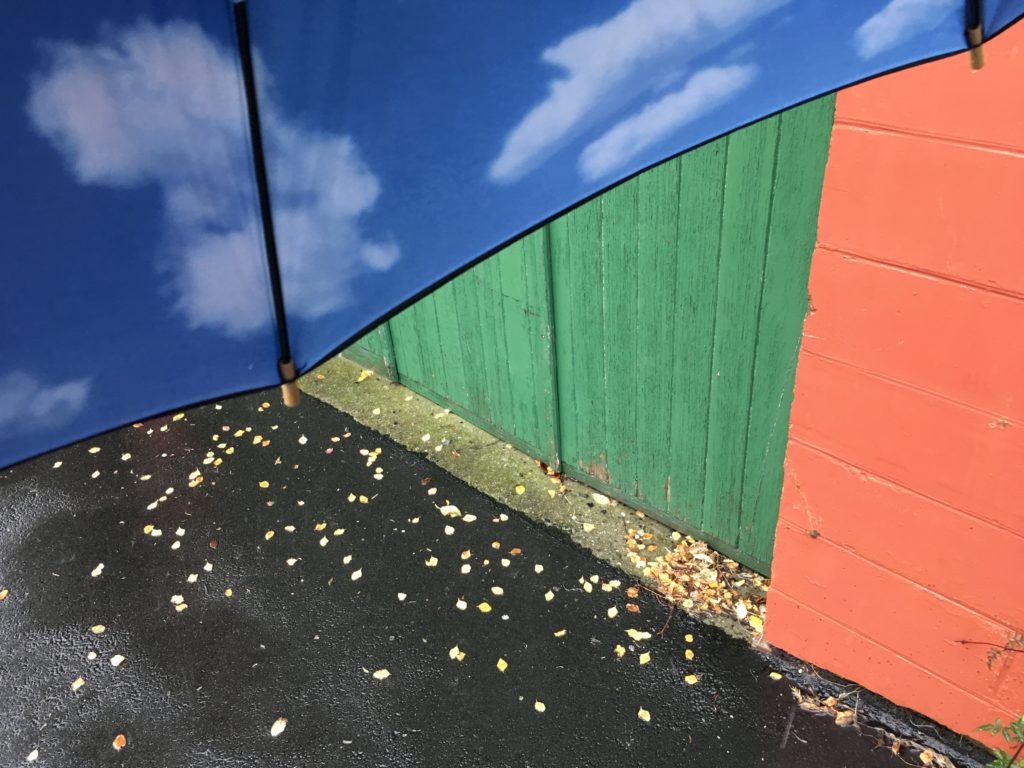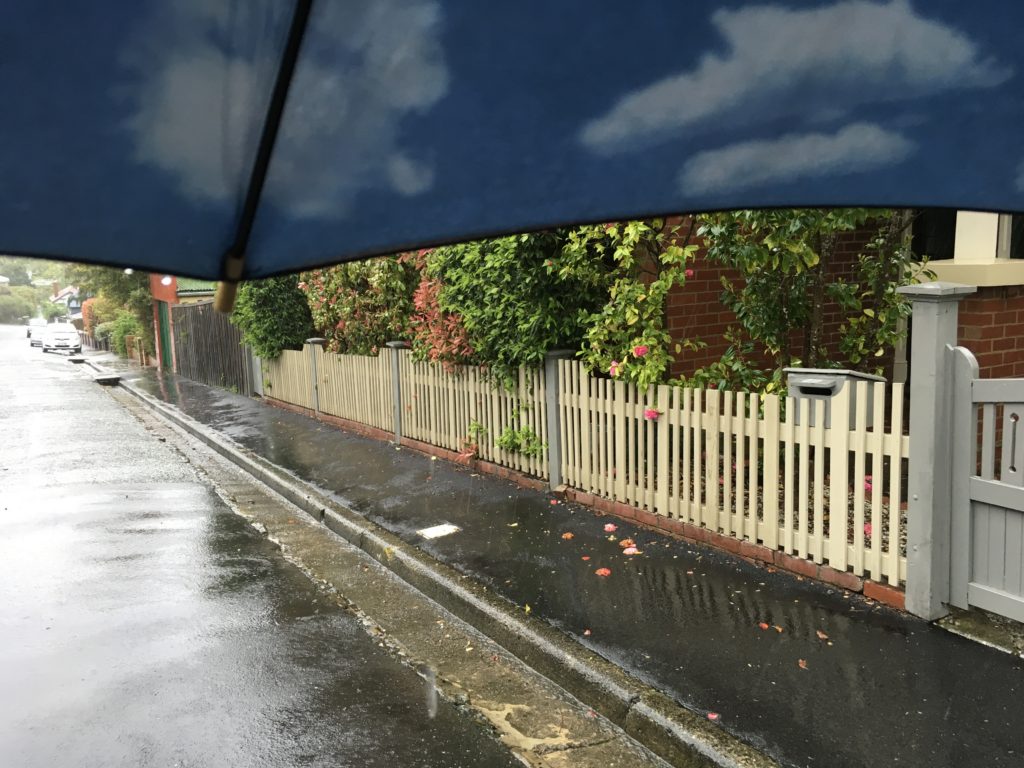A beautiful, gentle day. Cobbling the novel and anticipating my first full walk in several months.
Monthly Archives: October 2016
Mole Out Loud #455
Encircling
When I mosey down to my letterbox this morning I am almost blown off my hindlegs. The weather is wild today – snow on the mountain: a hiccup in the progress of spring, a treat for those of us whose heart is in winter but whose seasons are heading towards summer. I am taken back to the weeks of blizzard that swept through Europe some seven years ago, I was staying at the parental burrow, and while much of Switzerland hunkered indoors and dreamt of Sicily I, hardly believing my good fortune, rugged up and braved the elements.
It was dark when I left the burrow and I’d barely reached the garden path before my spectacles fogged up. Snowflakes settled on the lenses. Had I not trodden this route thousands of times before I might have regarded the adventure with more trepidation. But the lack of vision allowed me allowed me to imagine my surroundings the way they had been when I was a nipper more easily almost than how they were now. The flats on the corner dissolved returned to the paddock belonging to an elderly horse called Nobu; the derelict Hotel Krone returned to its prime and opened its skittle alley for wee moles on Sunday afternoon outings; the shopping and residential complex dissolved into the orchard that had surrounded the Waisenhaus whose orphans came to school wearing scratchy grey stockings.
Much of the time it was completely silent apart from the crunch of my paws underfoot, a moped or two, skidding and spluttering, the occasional rumble of the blue train.
Hearing the blue train, imagining it lit up with night workers returning home, reminded me of another cold winter’s night when Great Uncle Mole had taken me to a reunion of retired railway postal workers. It was held in an and old unheated Nissan hut that had been a sorting office during the war, and might have been a miserable affair had they not supplied us with hot toddies (even me, a mere nipper) and, on a rigged up screen, projected that wonderful 1936 documentary Night Mail. There were cries of ‘Cor! Remember those hoists’, and ‘Look at the face on old Harrison, always was a sour bugger’, and ‘Poor old Cecil, bit the dust in the Blitz’.
Now, or rather some seven years ago, on my nocturnal walk through the blizzard, it was the W H Auden’s poetic script for that film that was accompanying me. Its rhythm matched the sound of the night mail train running over points and somehow it was now infusing my hindlegs:
‘In the farm she passes no one wakes / But a jug in the bedroom gently shakes.’ Or the hypnotic recounting of the kinds of letters being sorted on the train:
‘Receipted bills and invitations
To inspect new stock or visit relations,
And applications for situations
And timid lovers’ declarations.’
Or
‘The chatty, the catty, the boring, adoring,
The cold and official and the heart’s outpouring,…’
I was still walking this rhythm when I reached what had once been acres of allotments that allowed the residents of the neighbouring *Arbeiter Quartier to grow their own vegetables. It would have been poorly lit then, but now the streetlights were closer together, not floodlighting the building which emerges from the earth that had once nurtured cabbages and potatoes, but emphasising its importance. Adorned with the flags of many nations, this is UPU, the Universal Postal Union.
When I was a nipper, when the UPU was housed in a different quarter and the allotments remained undisturbed, I would have had no concept of the UPU had it not been for my very favourite monument in Bern. I would have taken you there, but the little park next to the Parliamentary Buildings is another twenty five minutes away, and my snout and paws are becoming numb. It is a splendid piece of work, bronze and granite, created by the Parisian René de Saint-Marceaux and brought to Bern in sixty railway carriages in 1909. Imagine a globe, the earth, the world, buttressed by a swirl of clouds and, at a jaunty angle, encircled by allegorical figures representing each continent. Each is handing another a letter. Before the UPU was founded this day 142 years ago, postage had to be negotiated separately for each of the countries a letter had to travel through to reach its destination.
Turning round now, heading towards the apple orchard belonging to the orphanage, I thought about the trunkloads of correspondence that filled every crevice of the parental burrow; and how this universal postal agreement of 1874, this extraordinary cooperation between nations, had held the far flung molekin together by conveying their letters.
My snout began to twitch. I breathed in fresh baked bread, then roasting coffee beans. Through the blur of my spectacles, I could make out lights. The Villettli loomed ahead. Two steps down, I reminded myself as I slithered one hind paw in front of the other. Not an eyelid was batted at the sight of this snowmole thawing into pools on the parquet floor. An espresso arrived, a basket of sliced Buurebrot. The blue train rumbled past, fuller this time; the inhabitants were beginning to wake up.
Mole Out Loud #454
Mole Out Loud #453
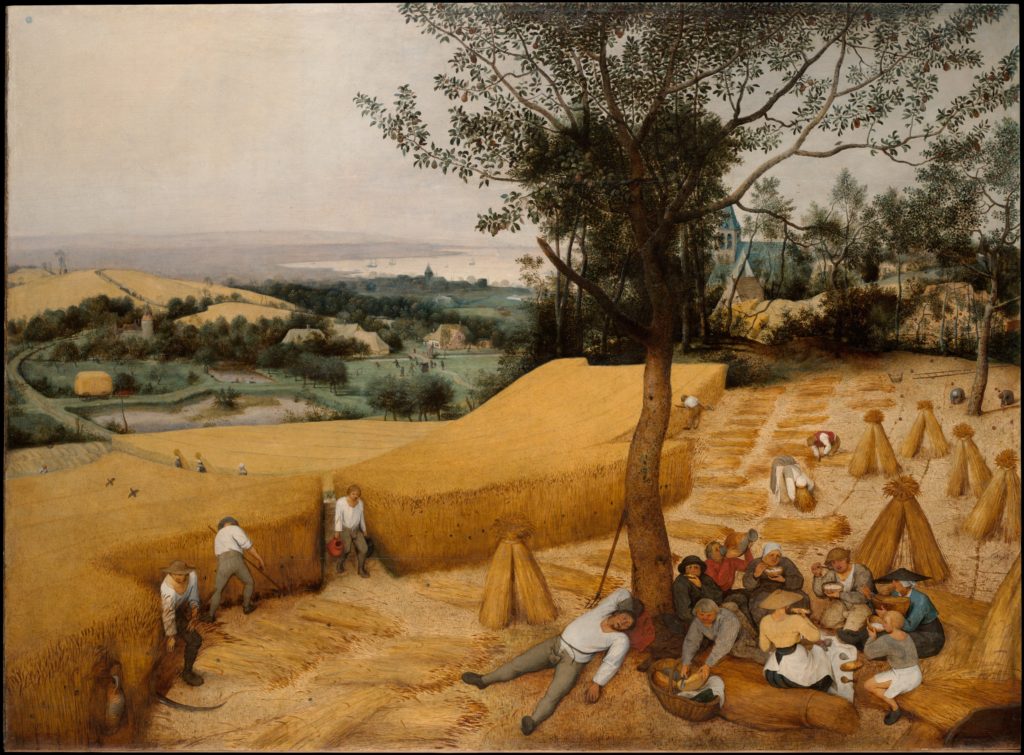
Listening to BBC Radio 4’s Moving Pictureschanges my writing perceptions.
Mole Out Loud #452
Mole Out Loud #451
Mole Out Loud #450
Oubliette
On my desk I have a lethal-looking spike set in a cast iron base. My first encounter with it was over half a century ago. We had been called to Worthing by Great Uncle Mole’s Aunt Hortense, summoned would be a better word; a family conference of some kind. It was my one and only sighting of Aunt Hortense although she never ceased to be a talking point. I must have been very small because in spite of the two telephone directories that had been put on my chair to raise me up, my eye level was only just above the massive desk at which the Grande Dame of Marine Parade sat.
At first I was entirely absorbed by the spectacle: the semi-circle of black-suited moles one side of the desk and this… this… Being on the other. Looking back, and having absorbed the scraps of information that float about in families, I feel that I am rather literally re-membering the event with this hindsight. I now know that Aunt Hortense enjoyed a brief but lucrative career on the stage, bought herself a large terraced house (much to the chagrin of her strait-laced molekin whose burrows were on the humble side), and with the backing of a Swiss impresario (named, I think, Seebold) became the sought after landlady for the stars of visiting repertory companies.
I think what so fascinated me as a nipper was the feeling that the formidable, bespectacled, austere mole who sat at the desk was not real. Now I realise that we were being subjected to a performance, and had we been there on another day, for another occasion, we might have met a Moulin Rouge chorus girl or Lady Macbeth.
Fascinated though I might have been, I soon tired of adult conversation, and turned my attention to the spike. It was right in front of my snout and had, in fact, partly obscured my sight of Aunt Hortense. I was not interested in the pieces of paper had been impaled on it, but looped around the base was a piece of string, and dangling from that (and over the edge of the desk) a small key and a label, softened with age.
I tried, by turning my head upside down, to see what it said on the label. The second word seemed to be ‘yakdar’. The first word was faint and in joined up writing. I took hold of the label to see if that made it clearer but I must have pulled too hard because the spike toppled off the desk, summersaulted and pierced me in the hindleg.
Later, much later, when my leg had been bandaged and we were back at Great Uncle Mole’s (and he had gone down to his study to go through some papers), I asked Uncle Ratty what a yakdar was. He was a well travelled sort of a cove, but even he seemed puzzled. He rolled the word around, trying it with different intonation. Eventually he said that all he could think of was that it was a fishing boat, but then after a little while he remembered a saying that was used by Persian sailors: ‘yak dar basta sad dar baz’ that meant something along the lines of ‘when one door closes a hundred others open’. It seemed a perfectly good answer to me and in some strange way I thought the key must relate to those doors.
After his Aunt Hortense died, the deadly spike sat on Great Uncle Mole’s desk. The bills that had been pierced on to it may have been different, but the tag and the key still remained looped at its base. I don’t remember anyone actually referring to the spike by name, at least not until I was on some errand with my Papa. I remember we were in an office two stories above a Gentlemen’s Outfitters just off one of the market squares in Bern. A sleek mole sat the other side of yet another expanse of desk. A spike sat in almost the same position as Aunt Hortense’s, and I felt my hindleg twitching with apprehension. My Papa and the sleek mole exchanged envelopes, and then the sleek mole reached into one of his drawers, pulled out a piece of paper, and with a flourish of occasion impaled it on the spike saying (in a voice as slippery as seaweed): ‘And onto the oubliette’.
An oubliette. What a splendid thing! A place to put something you want to forget, and not just somewhere to put it but a sort of ritual action; taking a present concern and spiking it into the past. And if not quite forgetting then at least letting it go; or letting it go to some degree.
But is it? Or is the very point of the oubliette to keep those things relegated to the past, firmly in view. What was it that the sleek mole pierced onto the oubliette? An I.O.U.? Was it placed there with such flourish to demonstrate to my Papa that there was a truce, but that it might not be permanent.
And what of the string and the key and the label that graced the spike on the desk of Aunt Hortense, and that of Great Uncle Mole, and now mine? They have not been there to forget but to remember.
It was several years after my first experience with Aunt Hortense’s oubliette. Uncle Ratty and I were in Great Uncle Mole’s study. We were searching for some tracing paper, I can’t remember what for, and I saw the label again.
‘Yak dar basta sad dar baz’, I said.
‘Eh!’ said Uncle Ratty.
‘The label’, I said. ‘Yakdar.’
He squinted at it. ‘Yakdan’.
It looked like an ‘r’ to me.
We found the tracing paper and I thought no more about the Yakdar/Yakdan; that is not until the other day when I was browsing reading an account of a journey over the Khyber Pass by an intrepid lady mole in 1891. She had, she wrote, two Yakdans for her luggage. They were strapped together so that they hung either side of her mule’s during the day’s trek. And at night, after pitching a tent, she hauled them off the mule’s back, and set them up a mole length apart. She attached two poles to them, between which was laced a stretch of canvas. My heart palpitated. This was the very kind of bed I slept on when I used to stay at Great Uncle Mole’s. But I had never thought to wonder about the trunks that propped it up, the Yakdans.
The book, a foxed and rather musty thing, was inscribed: ‘To Hortense, with whom this journey would have been shared had she been a little older.’
What did the key mean to Aunt Hortense, to Great Uncle Mole? What is the now entirely illegible name on the label?
Is there a Yakdan among the trunks in the cellar?
I sit at my table. The oubliette is perched precariously close to the edge. I twiddle it and watch the key swing.
My hind-leg twitches.
